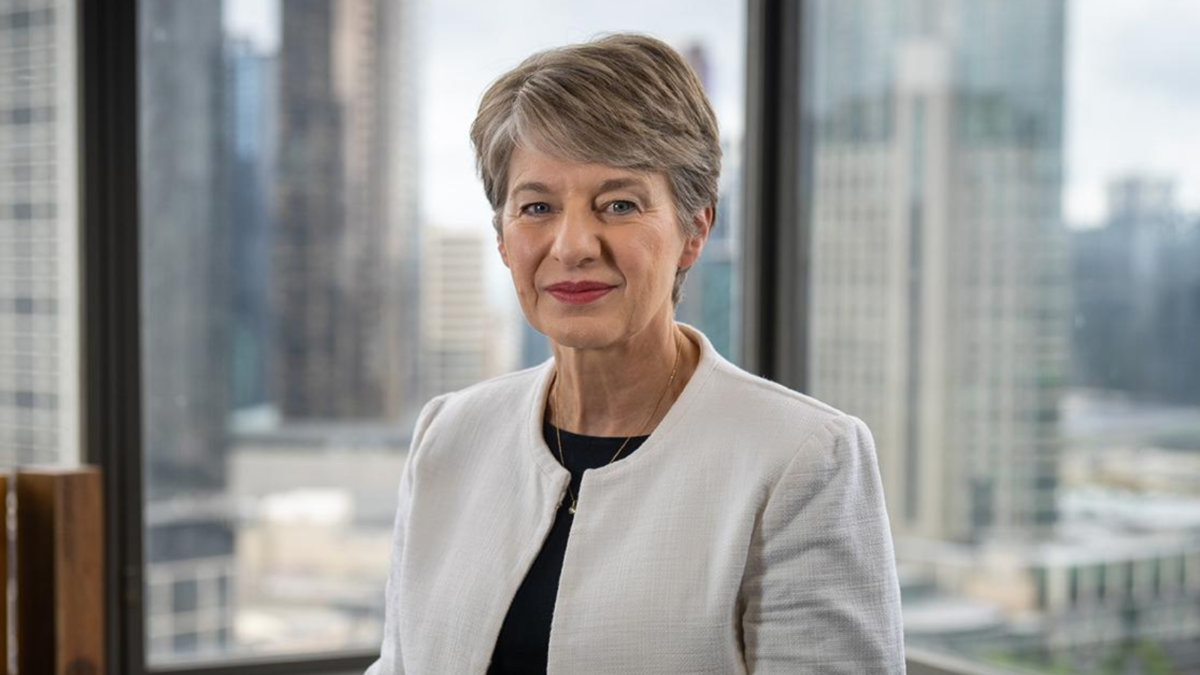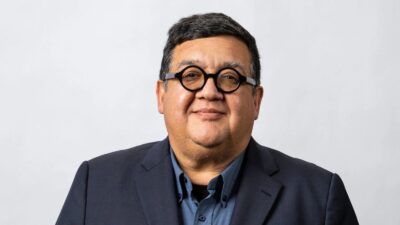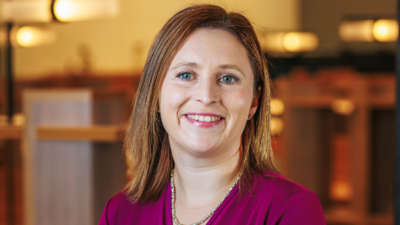Julie Lander takes a bow at Care
Bowing out on a high note, Julie Lander is proud of her 21 years at the helm of CareSuper. In that time, she believes, Care has shown the worth of a medium-size super fund.
With a background in HR management, Lander (pictured) joined Care as general manager in 2001 and became chief executive the following year. She announced this week (August 22) that she would be leaving the position later this year when a replacement is found.
“There is a place for different models and different sizes of funds. We believe in our story,” she said. “For us investing is different. We can invest in things that [mega-sized funds] can’t and vice versa.
“Also with member services, we can go out to smaller workplaces and help people. We believe there are economies of scale in super but there also some diseconomies… It was pleasing to hear Stephen Jones (Assistant Treasurer and Minister for Financial Services) say this week that we need diversity and different size funds so that we don’t end up like the banking sector.”
Jones was interviewed by the Sydney Morning Herald and Age newspapers for a report published Monday about the industry criticisms of the YFYS performance test for funds and APRA’s drive to reduce the number of funds through more and more mergers. The new government has announced Treasury would review the test and has put the implementation of the second phase, for investment options, on hold. Meanwhile Wayne Byers, APRA’s chair, announced his proposed retirement this year, midway through his second five-year contract.
The Care trustees this year approved management’s latest five-year plan, which has three main planks; demonstrating performance and the ability to compete based on merit, demonstrating the fund’s care for members throughout their life’s journey, and the growth of the fund.
That growth should lead to a fund of between $30-50 billion compared with the current $20 billion, Lander said. When she joined, Care had about $1 billion under management. Its most significant merger in the past 21 years has been with the former NSW-based multi-industry fund Asset Super in 2012. Asset had $1.6 billion and Care $4.6 billion prior to that merger.
In the difficult market conditions of last financial year, CareSuper’s balanced option was ranked eighth in the SuperRatings tables, which also boasted several other smaller funds in the top 10 for the 12 months. Care was top quartile for every period quoted by the researchers and has had above-median returns generally for five, 10, 15 and 20 years.
Lander said she had no concrete plans for when she leaves. “I’d like to find an ongoing purpose. I’m open to things but I’m not looking for another executive role with the same sort of commitment I’ve had here. But I’m still 100 per cent committed to Care,” she said on the phone while on her way home at 7.15pm on Tuesday.
Linda Scott, CareSuper’s chair, said in a statement: “Julie has played a significant role in Australia’s superannuation industry, serving our members and the broader superannuation movement with distinction over many years.
“Julie has lived CareSuper’s values, building a strong, thriving culture and her leadership has driven the Fund’s growth, quality member experience and strong investment returns.”
Care’s initial core membership was for clerical workers nationally, but this has since widened out as a public offer fund in competition with other industry funds. About 55 per cent of the 220,000 members are women. It is well-known for being an early adopter of integrating ESG principles across investments and its top-performing sustainable balanced option.
While at Care, Lander served on the boards of FEAL and AIST, where she has been a long-term member of the policy committee. She was the ‘convenor’ of Industry Funds Forum, and oversaw its merger into AIST, and also represented not-for-profit super funds as a director of the Business Council of Co-operatives and Mutuals.
Another high note this year was receiving the FEAL Fund Executive of the Year award in June, which comes with a $25,000 education grant through the sponsorship by fund manager T. Rowe Price.
She hadn’t given any thought yet either, she said, as to how she would spend the grant. Previously, most recipients have chosen to study a course at one of the prestigious North American or European business schools.











